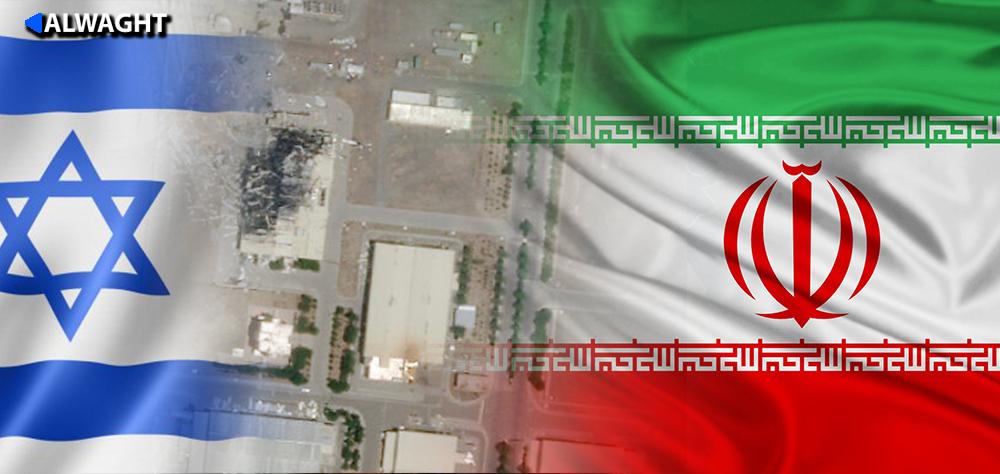Alwaght- The serial efforts of Iranian Nation's enemies to prevent further progress in the course of development and independence showed their criminal nature once again this week. While the nuclear talks are underway, a sabotage operation targeting Natanz uranium enrichment facility in central Iran demonstrated the degree of the enemies' fury with Tehran’s nuclear enrichment capabilities. Like the assassination of the prominent nuclear scientist Mohsen Fakhrizadeh earlier this year, the fingers of blame are now pointed at the Israeli regime.
In recent months, Tehran and Tel Aviv have been engaged in a covert intelligence and operational war, mainly observable in the "war of ships".
Frustrated with failure of Trump’s "maximum pressure" campaign, the Israeli regime is struggling to block lifting of illegal sanctions on Iran through sabotage and conspiracies with the hope of faulting the Iranian success in resistance to the embargo as Iran and the world powers are engaged in negotiations in Vienna, Austria.
The West since Iran started its independent nuclear program went to great lengths, from assassinating Iranian nuclear scientists and imposing sanctions to sabotaging the country's nuclear facilities, to put the brakes on the nuclear advancement. Powered by energetic and resolved young scientists, the Iranian nuclear program is now fully domestic. If it was not for voluntary measures to prove invalid the Western anti-Iranian propaganda on the Iranian nuclear program, Tehran now could be a world nuclear science power, though it is so now. The recent sabotage yielded nothing but encouraging Iran to take stronger steps to boost its nuclear power.
The Israelis are apparently angry with possible lifting of sanctions Donald Trump imposed on Iran after scraping the 2015 nuclear deal in May 2018, while the new US President Joe Biden is struggling to keep Iran in the nuclear deal as the Americans themselves admit the sanctioning campaign was a failure story.
Although there is coordination between Washington and Tel Aviv in any terrorist operation, their differences on the US return to the nuclear agreement are glaringly apparent.
The recent sabotage is a sign of the Israeli deep despair over the negotiation process that is going ahead with Tehran's essential push for full sanctions relief as a way back to the agreement for the White House, making the Western side walk back from its earlier demand for a new nuclear accord with Tehran.
Moreover, Netanyahu’s push to get the Israeli regime out of the political crisis it has been living for two years should not be ignored in the "nuclear terrorism" as Iran called it. The Israeli PM, who sees himself in the trouble of trial for corruption and his political life end close, is considering all options to save himself. Running a campaign of frightening from peaceful Iranian nuclear activities and promoting himself as the savior of the Israeli people are his two main tactics in this course.
With the Sunday sabotage, the unclear Western positions in condemnation of the Israeli nuclear terrorism and hypocritically hoping for Iran's show of self-restraint would not only fuel the Iranian people's distrust with the West but also could trigger retaliatory measures including installing new and more powerful enrichment centrifuges, halting Vienna talks, and even taking balance-making nuclear measures. Certainly, now the West is too empty-handed to threaten Iran with sanctions or the largely non-viable military action option. Actually, the empty threats no longer persuade and satisfy the Western regional allies including the reactionary Arab regimes and the Israelis, let along forcing Iran to retreat.



























